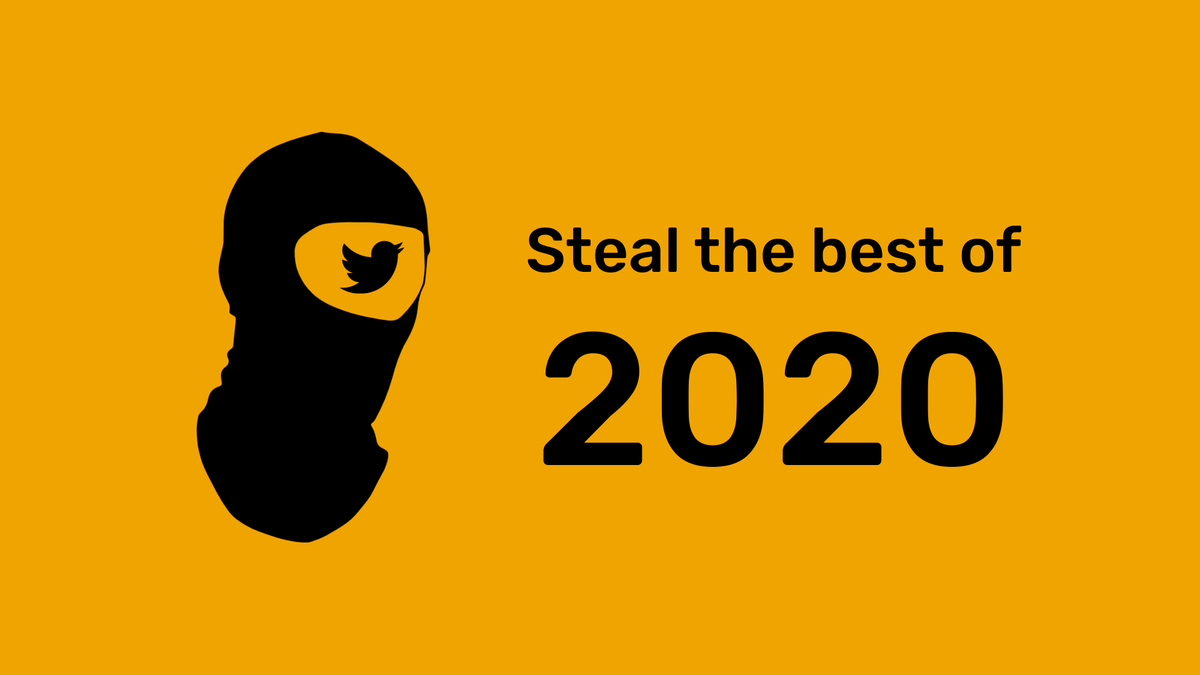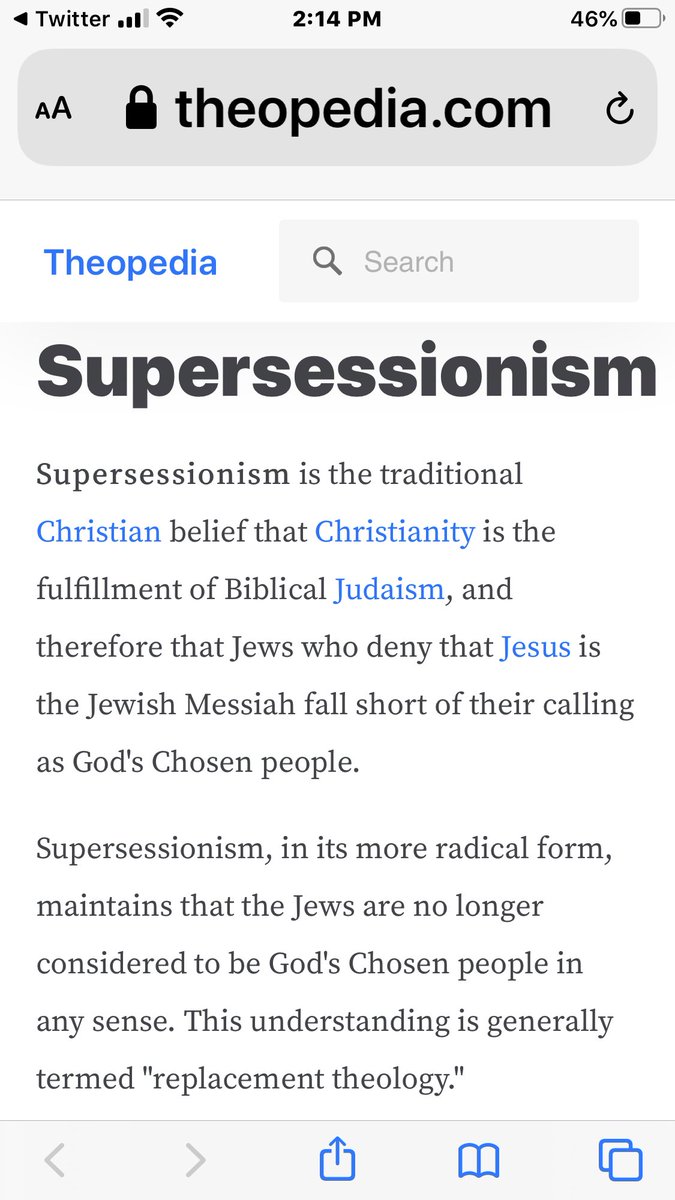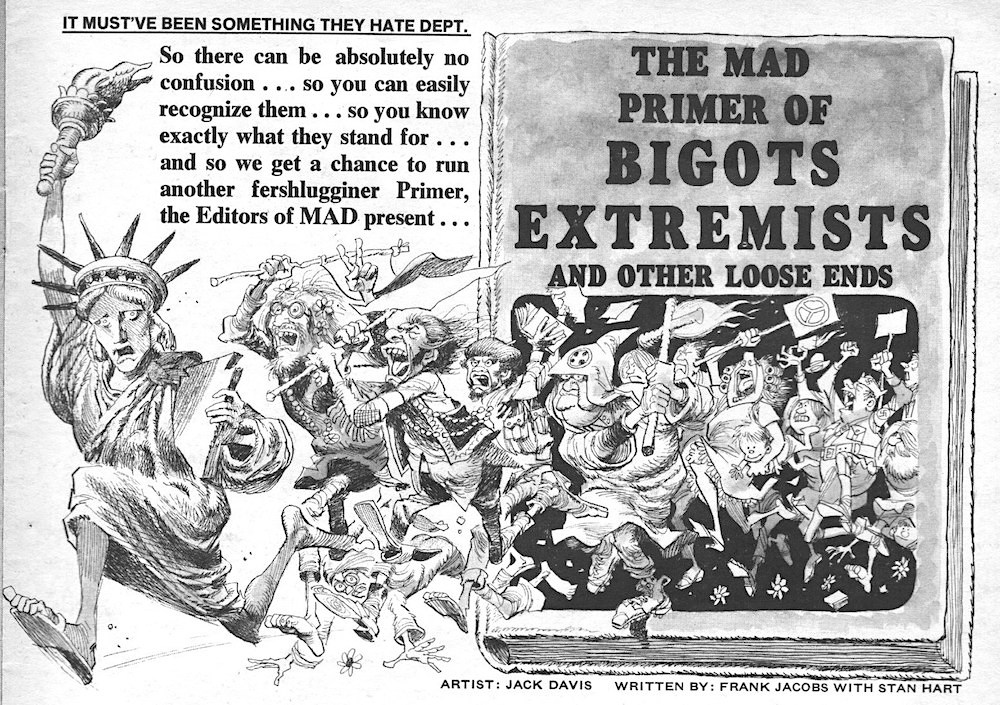2/ If a company's highest paid people had jobs they'd only observed, had never trained for, and had no actual experience doing, you'd think it was crazy. Yet this describes people managers in most orgs.
3/ Managing people is not a promotion in your current line of work. It is an entirely new career that uses a different set of skills. Train. Your. People Managers.
4/ If your employees feel like they have to manage people to make more money, that's a fail. Management jobs are for people who are passionate about helping others optimize their gifts, not just for people looking for more compensation.
5/ Provide non-management career options that offer better compensation for specializing in a certain area and documenting/communicating what you know. This helps keep bad managers out of management.
6/ If an employee can’t celebrate someone else’s success, they’re not ready for management.
7/ The focus of leadership should be becoming dispensable. Manage so well that you’re no longer needed. Perhaps the best measure of your success as a leader is: will the company continue to grow after you leave?
8/ It's hard to manage people doing a hard job when you've never had to work a hard job
9/ There are "introverted" and "extroverted" management styles. Introverted management forms a few deep, high bandwidth relationships for mentorship. Extroverted management forms numerous transaction-level relationships for operations. Use both wisely.
10/ Are your best people working on the highest priority projects? Or are they working on things that are lower priority but you’re afraid will suffer if you move them?
11/ 5 ways to kill your culture:
1) Break promises
2) Promote undeserving people
3) Incentivize cutthroat behavior
4) Bog down performers w process
5) Dismiss constructive feedback
12/ 5 more ways to kill your culture:
6) Reward loyalty over results
7) Make $ the sole purpose
8) Measure things that don’t matter
9) Criticize employees publicly
10) Don’t say “thank you”
13/ A high-performance culture isn’t more hours working. It’s working to get more out of your hours.
14/ Bad culture spreads much more easily than good. That cultural issue that's "just one person?" Deal with it urgently.
15/ If you’re not having productive disagreements with your team, you either have the wrong team or you have the wrong culture
16/ There is a gap between how you think you create value and how you actually create value.
The smaller the gap, the more efficiently you use your skills.
The best way to shrink the gap is to surround yourself with people who care about you enough to tell you the truth.
17/ The best teams are built by people who are aware of their weaknesses and unafraid to hire people smarter than they are.
18/ Have a performance comp plan? It can be gamed.
Nice perks? People will take advantage of them.
Generous vacation? Someone’s going to use every bit.
Don’t change your benefits. Hire the right people.
19/ Vast majority of HR policies are targeted at the behavior for the bottom 5% of your employees. Instead of restricting your best people with excessive policy, deal with the bottom 5%.
20/ Roles on your teams have different value. The people who occupy them do not. Don't confuse the two - everyone deserves to be treated like a human.
21/ Your job as a manager is not to get people to produce the way you did. It's to help your employees find their own optimal output in a way that best leverages their gifts. It won't look like yours.
22/ Don't tell people what to do. Teach them how to think.
23/ "You are the average of the 5 people you spend the most time with."
In business, you're the average of the 5 people you listen to the most. Averaging finds the middle of extremes. Surround yourself with diverse viewpoints and your average will serve you well.
24/ Doing 360 feedback? Consider using stakeholder theory to choose the people you ask:
Customers: people who depend on me
Employees: people who report to me
Suppliers: people who help me do my job
Investors: my manager (and their manager)
Others: external partners
25/ There's a world of difference between people who say “I don’t get it” and people who say “I want to get it.”
26/ Companies have an enormous resource of talent and time in their shareholders - people who have a vested interest in their success. Almost none of them do anything to leverage it.
27/ Want your company to grow? Tell your team “Your wins are yours. Your failures are mine.” -
@mildcase Give people freedom to fail.
28/ Writing people off because you assume they're stupid is way easier than figuring out how to teach them.
29/ The people most concerned with titles are typically the ones least qualified to hold them. Rattling the cage for a better title is one of the leading indicators of underperformance.
30/ Your best people should never have to ask for a raise
31/ Once you start taking money from a bad customer, it's really really hard to stop.
32/ In each business, there are 2-3 aspects of the model that produce outsized leverage. Create a simple model of your business's cash flows. Which variable creates the largest swings in outcome with the smallest moves?
33/ Once your business model's leverage points are identified, give each of them an owner. Incentivize them on that one thing. This can lead to unconventional but highly effective org structures.
34/ "Show me a guy who's afraid to look bad, and I'll show you a guy you can beat every time." - Lou Brock
The ultimate weakness for large companies is feeling unable to creatively destruct their core business in order to progress.
It's what makes David vs. Goliath possible.
35/ Many of the biggest business blunders come from a gap between how the organization *thinks* it creates value for customers and how it actually creates value.
36/ Certainty isn’t what makes business fun
37/ The most effective operators create their own sense of urgency.
38/ Best way to scale a business: crack one of the big digital platforms
Best way to kill a business: assume that platform will behave the same the next day
39/ Simple business lessons from a 14-hour road trip:
a) We spend too much time thinking about the last few turns and not enough deciding which interstate to use. Sweat the big stuff.
40/ Road trip biz lessons:
b) Small changes in speed make a big difference over long periods of time. Can you go 5% faster?
41/ Road trip biz lessons:
c) The further down the road you focus, the less you notice the bugs on the windshield. If your time horizon is long enough, inconveniences fade away.
42/ Road trip biz lessons:
d) If you follow your competition, you will end up in the exact same place they do.
43/ Road trip biz lessons:
e) Take care of the people in your car. It's a long journey and you will need their support.
f) Take good care of the people traveling the same road. You have no idea how long you'll be traveling together and how you might be able to help each other.
44/ One of the hardest lessons of management is deliberately choosing a slower, messier, and worse outcome than the one you can produce yourself, and then willingly choosing it over and over again, coaching all the while, until your team outshines you.
45/ Micromanagement is born when a manager fails to shift their sense of success away from their personal output to the output of their team
46/ It's not surprising that micromanagement happens frequently. From birth we are measured on our individual performance. School glorifies the individual
47/ Most of us are steeped in 25+ years of individual measurement before we manage for the first time. Transition is difficult. When we're wrapped up in how we're personally going to look and not the development of our teams, micromanagement surfaces
48/ Healthy management takes the long view. Lets the team make and learn from mistakes. Knows that's where growth is produced.
49/ The greatest gift you can give an employee is helping them get past that thing that's holding them back, even if it's "just part of who they are." If you really want people to get better, you'll be willing to have tough conversations.
50/ Cultural impacts, ranked:
1) the decisions you make every day
2) the way you treat employees, customers, suppliers
.
.
.
97) your “Mission & Values” statement
51/ For employees: Praise in public, criticize in private.
For yourself: Do the opposite.
52/ "Praise in public, criticize in private" is about more than public embarrassment. Your team becomes more open to taking good risk when they know any downside won’t lead to shaming.
53/ In tough times, you will be remembered for how transparent and honest you are with employees.
54/ Transparency is negotiable, but lean towards sharing everything you can.
Honesty is non negotiable. Everything you choose to share should be 100% true.
55/ Nature abhors a vacuum and humans abhor a lack of explanation. Gaps in your communication will be filled by a narrative created by one or more employees. This is not malicious, it's the natural state of people needing to make sense of things.
56/ If you want to control the narrative, communicate liberally about what is happening, how you're thinking about it, and how you plan to address it.
57/ "I don't know yet" is a perfectly fine thing to say about an emergent situation - it shows your team that a) you're aware of the issue and b) you believe the issue is weighty enough to be worth thinking through.
58/ The more employees understand about how the company makes money - and I mean bottom line, not sales - the more successful your company will be.
59/ If your employees face consequences when they err but have no tangible upside when they succeed, you cannot expect them to take risks for you.
60/ Treat your employees like you'll report to them someday. If you lead them well, you will.
61/ General guideline for incentive comp: the higher you are in the organization, the lower on the income sheet to measure your performance.
62/ Your incentive comp plan should be clear and controllable, challenging and achievable, rewarding, and aligned.
63/ Incentive comp should be Clear and Controllable: employees should see a direct path from their actions to results. The more degrees of separation between "my work" and "my pay," the less motivating the plan.
64/ Incentive comp should be Challenging and Achievable: goals should feel like a stretch, but a realistic one. Rewards are more fulfilling when they come through striving.
65/ Incentive comp should be Rewarding - make it meaningful. Employees should see their potential outcome and think "wow, with that I could..."
66/ Incentive comp should be Aligned: with the goals of the organization. Not just for the sake of the org, but achievement is more meaningful when you've contributed to something bigger than yourself.
67/ Asking for "autonomy" in your work means you take on more accountability, not less.
Many employees mistake "autonomy" for not having a boss. Being autonomous means your boss shifts from a subjective human to the objective results you generate.
68/ 3 things necessary to give your team autonomy:
1) Clear expectations
2) Honest feedback
3) Constant communication about both
69/ Your team takes their queue on work cadence from the frequency of your communication with them. Share strategy, priorities, and progress often and effort will follow.
70/ I'll take a B-level strategy crisply communicated over an A+ strategy that people can't understand and apply to their daily work.
71/ Save more than you spend
Burn more calories than you consume
Listen more than you speak
Tough feedback now vs sweep under the rug
Apologize when you mess up vs hoping they forget
Lots of long term value unlocked if we’re willing to take on short term discomfort
72/ Create a job and they’ll bring their time.
Create a career and they’ll bring their mind.
Create a culture and they’ll bring their heart.
73/ Your team comes to work each day and invests 1) Time, 2) Mind, and 3) Heart. If they don't get good returns on those investments, they will find somewhere else to invest them.
74/ Investing *Time*. We spend time to create value, and we produce more when we keep a larger % of the value we create. Calculate the value your team members generate. Do you feel good about the portion of that value they get to keep? Could they keep a larger % elsewhere?
75/ Investing *Mind*. We use our training and our life and work experience to help the organization solve problems. If you're not pointing your team to the most important challenges, mind is wasted and the return is lower. Help them prioritize.
76/ *Mind* cont'd. We need constant honest feedback on how we're applying our minds. "Being nice" at the expense of helping someone grow makes their mind investment less effective. Show you want to invest in them by giving them constructive feedback.
77/ Investing *Heart*. It's your job as a manager to show your team the impact they're having on customers, co-workers, and the world. People want to make a difference. Help them see the returns on their heart investment. Connect the dots for them.
78/ It’s easier to build a great team when you aren’t trying to be its strongest player
79/ You owe your team members an honest conversation about where they stand both with you and the organization. Don't let them down.
80/ Your job as a manager is not to provide solutions, but to prioritize the right challenges. Come to your team with "We need to solve a, then b, then c," not "We're going to do a, then b, then c." They would rather solve problems than take orders.
81/ Guarantees are either a product feature or a marketing tactic.
Your customer service team knows the difference. Product feature guarantees make their jobs more enjoyable. Marketing guarantees do the opposite.
82/ Looking for a gift for your team? Give them the benefit of the doubt.
83/ When someone takes the risk of giving you real feedback, be grateful - they're doing one of the hardest things in business.
84/ You are likely to disagree with tough feedback and think the person delivering it is "wrong." But unless they're totally disingenuous (not likely), you've done something/s that make them believe what they're saying is true. Dig until you figure it out.
85/ Everyone has something to teach you. Don't jump to conclusions about who you can learn from.
86/ In struggle or failure, we tend to blame the area where we have the least control.
87/ We love our illusion of control, but it’s just that: an illusion.
What exists is good discipline. Keep your eyes on what matters. Treat others well. The outcome isn’t control but it will be progress.
88/ Everything you do as a manager conveys your priorities. Your team will take their queues from what you ask about regularly and what you spend your time on much more than any strategy deck you put together.
89/ A good diagnostic question for your priorities: How much time is your organization spending on creating new things vs maintaining old things?
90/ Tech companies will either sustain universities by creating their own ROTC-style programs, or bury them by bringing back in-house apprenticeship as an acceptable next step after high school.
91/ Measure by rates *and* volumes. Every volume you measure should have a rate that assesses quality. Every rate you measure should have a volume that assesses throughput.
92/ Email is not a communication tool. It's a to-do app where you create to-dos for other people.
93/ Emails should have an expiration date. "Sorry, that email went bad. If that's still important you'll need to send a new one."
94/ Never ding an employee for asking why they're being asked to do something. This behavior should be encouraged - it gives you an opportunity to explain your company's priorities and how their work fits into the larger picture. It's also healthy for you to have to answer.
95/ Good people are more scarce than money. I've never regretted breaking my target salary range for someone I knew would be a truly great hire.
96/ There's a big difference between loyalty and trust. Loyalty can be given without merit. Trust cannot. Earn your team's trust and loyalty will follow.
97/ Being disciplined in a few things gives you freedom in many things.
98/ I asked a multiple PhD mathematician what you do for work if you don't want to teach. He told me many of his colleagues are security guards & toll booth operators. He explained after I expressed surprise:
"So they can read and think all day and read and think all night."
99/ Some favorite interview questions:
Tell me about...
1) The last time you changed your mind
2) A tradeoff you had to make because of limited resources
3) The most helpful feedback you ever received
4) What you're working on right now to improve yourself
100/ Among the greatest business superpowers:
1) Willingness to be wrong
2) Willingness to fail publicly
3) Ability to learn lessons from 1 and 2
4) Actually changing yourself based on 3
101/ "A's hire A's. B's hire C's."
@DavidGFool

























